AI Neurology - AI Neurology Assistant for Research

AI-Powered Neurological Insights and Information
What are clinical manifestations of .....?
Get Embed Code
Introduction to AI Neurology
AI Neurology is designed as a highly specialized artificial intelligence model tailored to the field of neurology, focusing on delivering advanced medical knowledge, evidence-based insights, and decision-support tools. Its core function is to assist healthcare professionals, students, and patients in understanding neurological conditions, diagnostic procedures, treatment options, and emerging research. The model is built on a foundation of deep learning algorithms and natural language processing (NLP) techniques, allowing it to interpret complex neurological data, medical literature, and patient information. AI Neurology can help in scenarios such as analyzing case studies involving neurological disorders (e.g., stroke, epilepsy), providing educational content on neuroanatomy, or generating patient-specific insights for care pathways based on existing clinical guidelines and data. This makes it a valuable tool in both clinical and academic settings, with a capacity for high-level consultations and education. Powered by ChatGPT-4o。

Main Functions of AI Neurology
Diagnosis Support and Case Analysis
Example
AI Neurology can be used to support differential diagnoses in complex cases like multiple sclerosis (MS), Parkinson’s disease, or neuroinflammatory disorders by analyzing symptom patterns, imaging results (e.g., MRI), and laboratory data. The AI may suggest a list of potential diagnoses and recommend further tests or imaging to narrow the possibilities.
Scenario
In a case where a patient presents with progressive motor weakness, AI Neurology analyzes the clinical presentation, reviews patient history, and integrates MRI findings. It might suggest a differential diagnosis that includes amyotrophic lateral sclerosis (ALS) or cervical myelopathy and recommend electromyography (EMG) for further evaluation.
Treatment Recommendations
Example
AI Neurology can evaluate patient-specific data to recommend treatments aligned with best practices and clinical guidelines. For example, it could provide evidence-based treatment options for managing epilepsy, taking into account factors like patient age, seizure type, comorbidities, and previous medication history.
Scenario
A neurologist is managing a patient with drug-resistant epilepsy. AI Neurology reviews the patient’s history of failed anti-epileptic drugs and suggests alternatives, including newer medications like cannabidiol (CBD) or surgical interventions such as vagus nerve stimulation, based on the latest guidelines.
Educational Resource for Medical Training
Example
AI Neurology can serve as a resource for medical students and residents by providing detailed explanations of neuroanatomical structures, neurological pathways, and clinical conditions. It can simulate clinical scenarios or answer specific queries regarding neurological diseases and procedures.
Scenario
A group of neurology residents studying for board exams uses AI Neurology to review detailed pathways involved in motor function and disorders such as Huntington’s disease. They interact with the AI to clarify their understanding of the genetic mutations involved and clinical progression.
Research and Literature Synthesis
Example
The AI can assist researchers by quickly synthesizing relevant medical literature on a given neurological topic, such as the role of tau proteins in Alzheimer’s disease, and provide summaries or highlight critical findings from recent studies.
Scenario
A neurologist researching neurodegenerative diseases uses AI Neurology to review recent studies on the efficacy of tau-targeted therapies in Alzheimer's patients. The AI generates a summary of phase III clinical trial results, helping the neurologist develop research proposals.
Patient Education and Communication
Example
AI Neurology can explain neurological conditions, procedures, and treatments in layman’s terms, helping patients better understand their diagnoses and treatment plans. It may also assist healthcare providers in communicating complex neurological topics to patients and their families.
Scenario
A patient recently diagnosed with multiple sclerosis is unsure about the condition and treatment options. AI Neurology provides a simplified explanation of MS, including its progression and available therapies, in language that the patient can easily understand, thus improving communication between the patient and their healthcare provider.
Ideal Users of AI Neurology
Neurologists and Medical Specialists
AI Neurology is particularly beneficial for neurologists and other medical professionals who specialize in treating neurological disorders. By leveraging its diagnostic support, treatment recommendations, and research synthesis capabilities, these users can enhance their clinical decision-making and stay updated on cutting-edge research. They may use AI Neurology as a supplementary tool for case analysis, especially in complex or rare neurological conditions.
Medical Students and Residents
AI Neurology serves as a comprehensive learning tool for medical students and residents specializing in neurology. It provides in-depth educational content, clinical scenario simulations, and answers to specific questions regarding neuroanatomy, pathology, and treatment protocols. This user group benefits from interactive, on-demand access to a wide range of neurology-related topics, aiding their academic growth and board exam preparations.
Researchers in Neurology and Neuroscience
Researchers involved in neuroscience or neurological disorders can utilize AI Neurology for quick synthesis of medical literature, analysis of emerging trends, and assistance in formulating hypotheses or reviewing clinical trials. This helps streamline the research process, saving time in data gathering and interpretation of complex topics, such as neurodegenerative disease mechanisms or novel therapeutic strategies.
Healthcare Institutions and Clinics
Hospitals and clinics with neurology departments can integrate AI Neurology into their electronic health record (EHR) systems to assist in diagnostic workflows, treatment planning, and improving patient outcomes. It can be used as a clinical support tool to provide evidence-based insights and ensure that care aligns with the latest guidelines.
Patients and Caregivers
Patients diagnosed with neurological conditions and their caregivers can benefit from AI Neurology’s educational resources. It helps them understand their condition better, improves communication with healthcare providers, and aids in making informed decisions about their treatment options. This user group finds value in the AI’s ability to simplify complex medical information into more digestible content.

Steps for Using AI Neurology
1
Visit yeschat.ai for a free trial without login, also no need for ChatGPT Plus.
2
Once on the platform, choose the AI Neurology option for tailored medical guidance in neurology. Ensure you have specific medical queries or educational topics prepared for more focused interaction.
3
Interact with the AI by typing your questions in a detailed manner. Use medical terminology where possible to receive more accurate and informative responses. Avoid overly general queries to maximize the depth of information provided.
4
Utilize the responses for research, medical education, or case-based discussions. Always cross-check AI-generated information with professional guidelines or consult with a healthcare provider for clinical decisions.
5
For the best experience, use a desktop browser or tablet device for more detailed queries and better interface control. Regularly update your medical knowledge to engage effectively with AI-generated content.
Try other advanced and practical GPTs
Wii Error Critic
Crafting Creativity from Errors
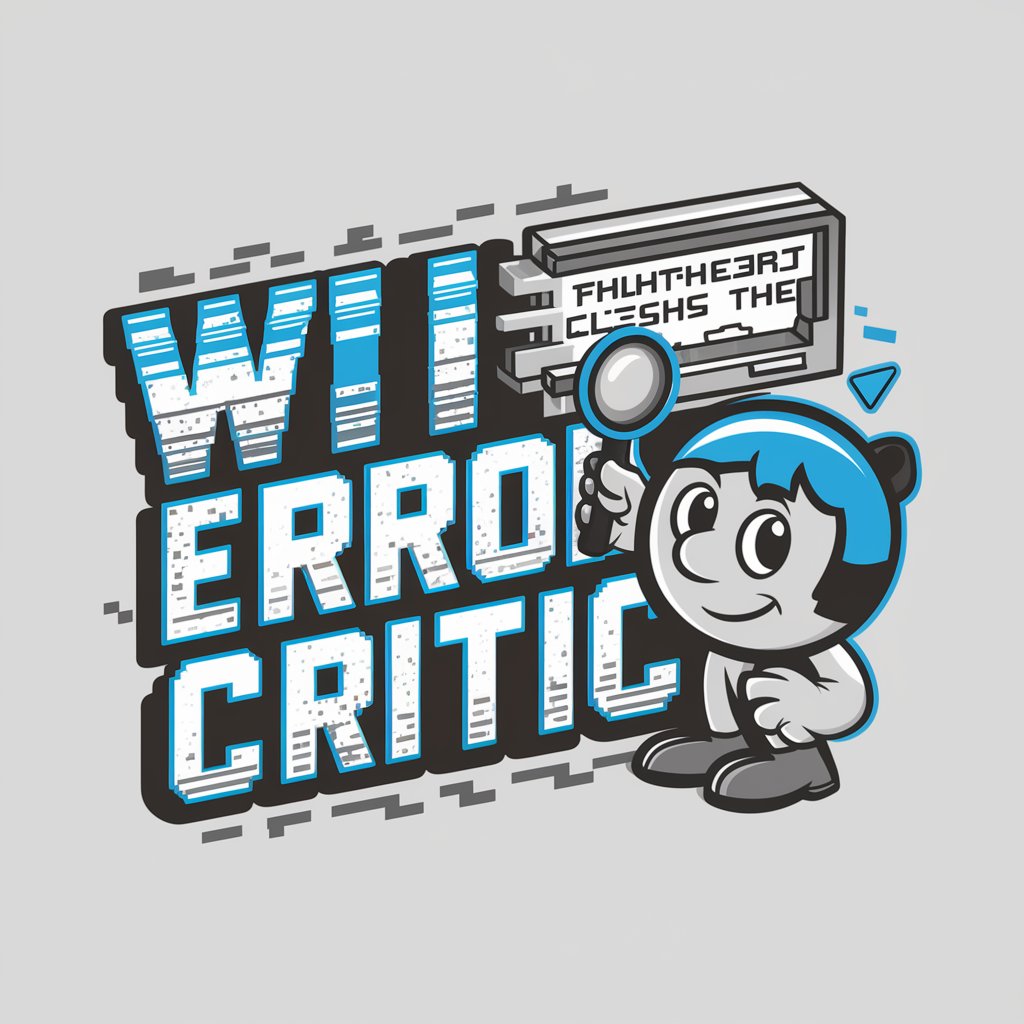
WP Error Interpreter
Automate Your WordPress Troubleshooting
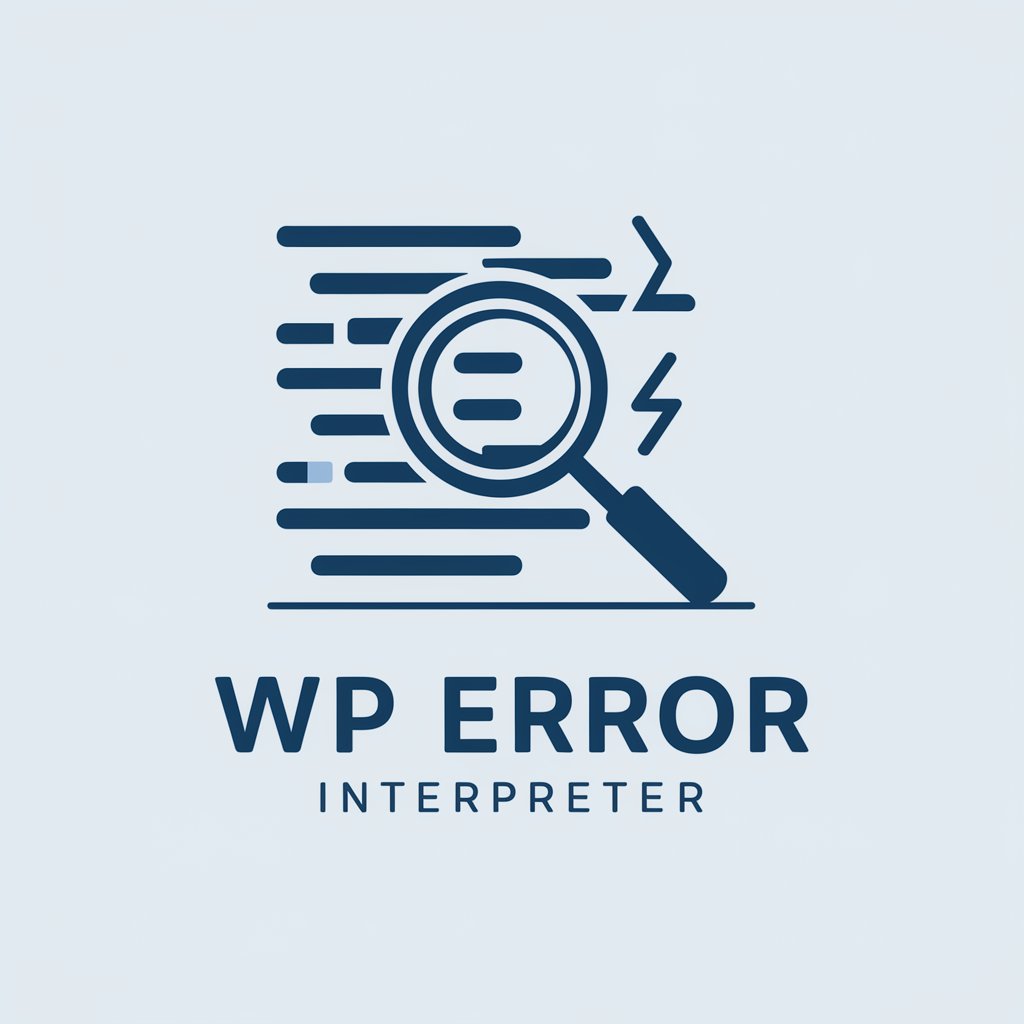
errors
AI-Powered Programming Assistance
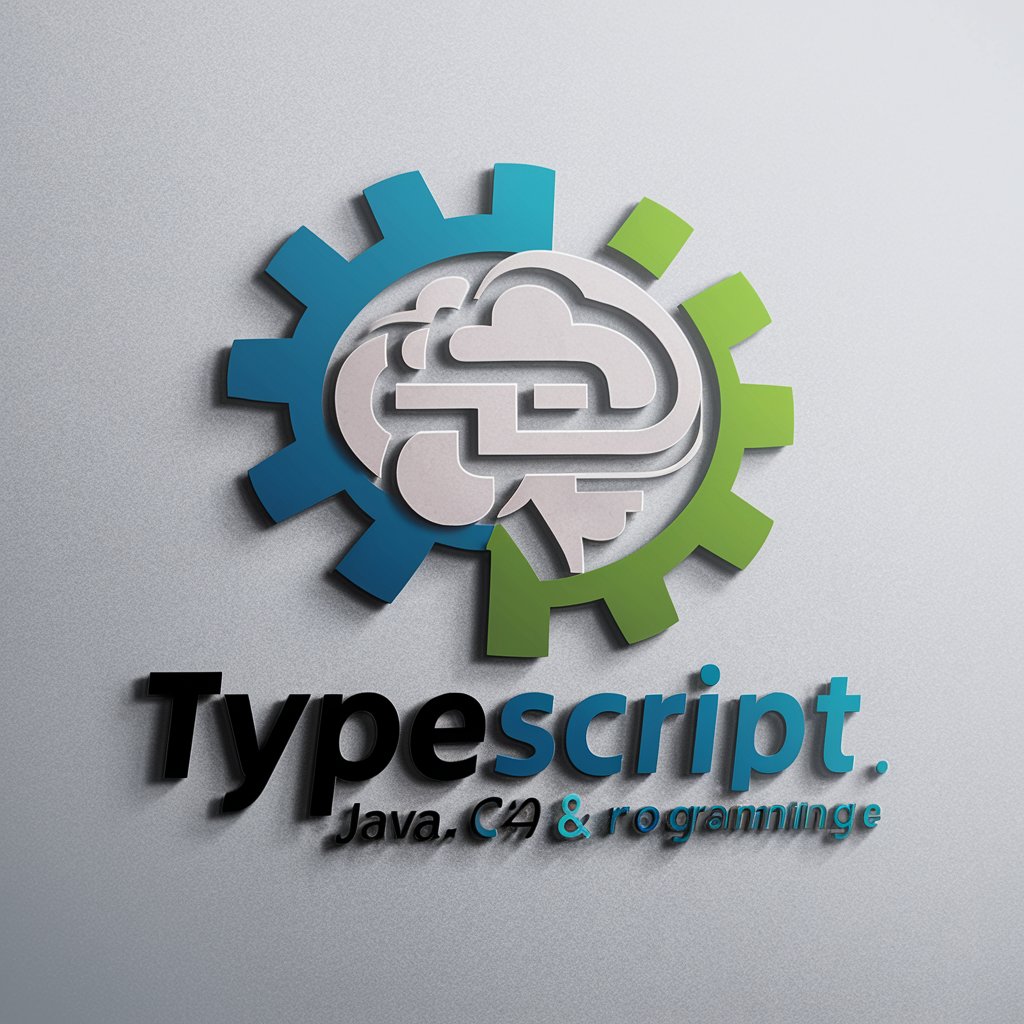
SQL Error Solver
Streamline SQL troubleshooting with AI
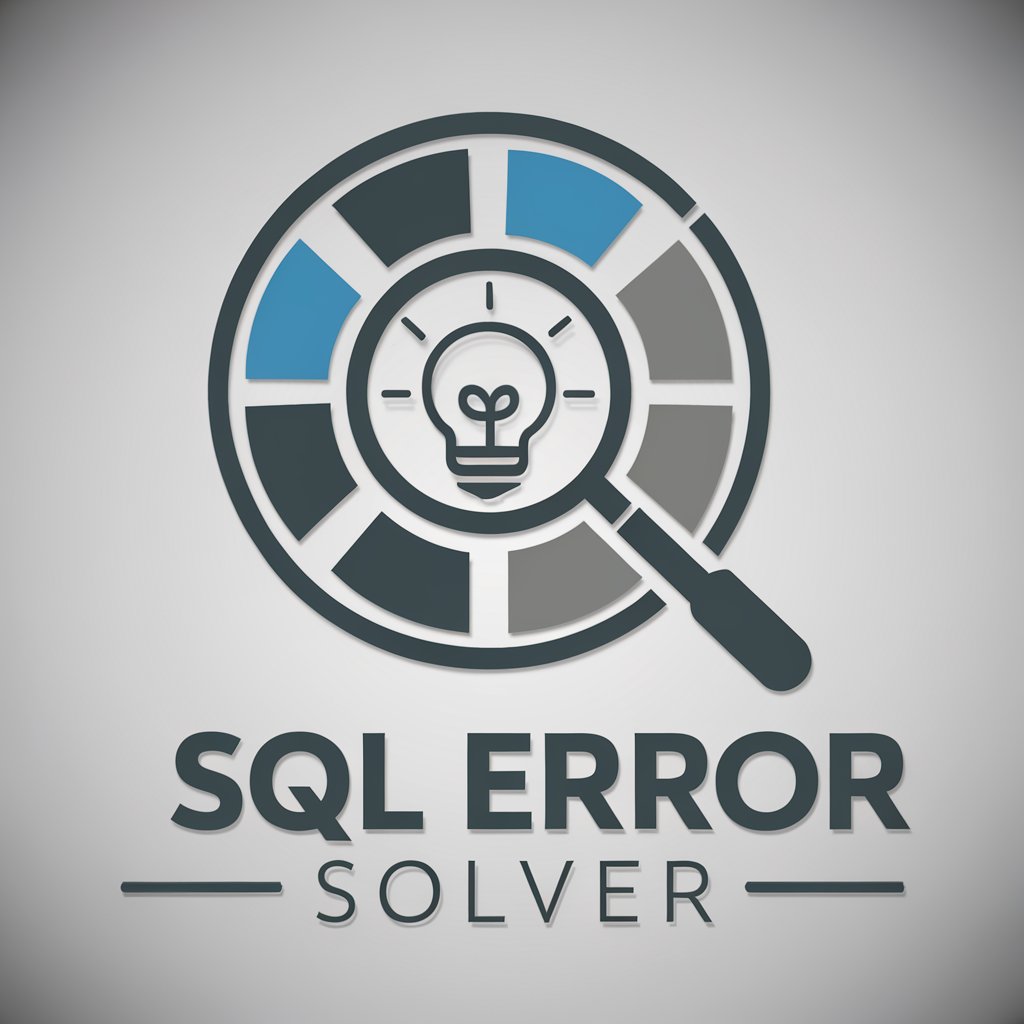
Exam CheatSheep
AI-powered tool to simplify learning.

Sew Mate
Smart sewing with AI precision

Houses
Empower Your Writing with AI

Bootstrap Advisor
Empowering Your Entrepreneurial Journey

React Bootstrap Guide
Elevating UI Development with AI-Powered Guidance
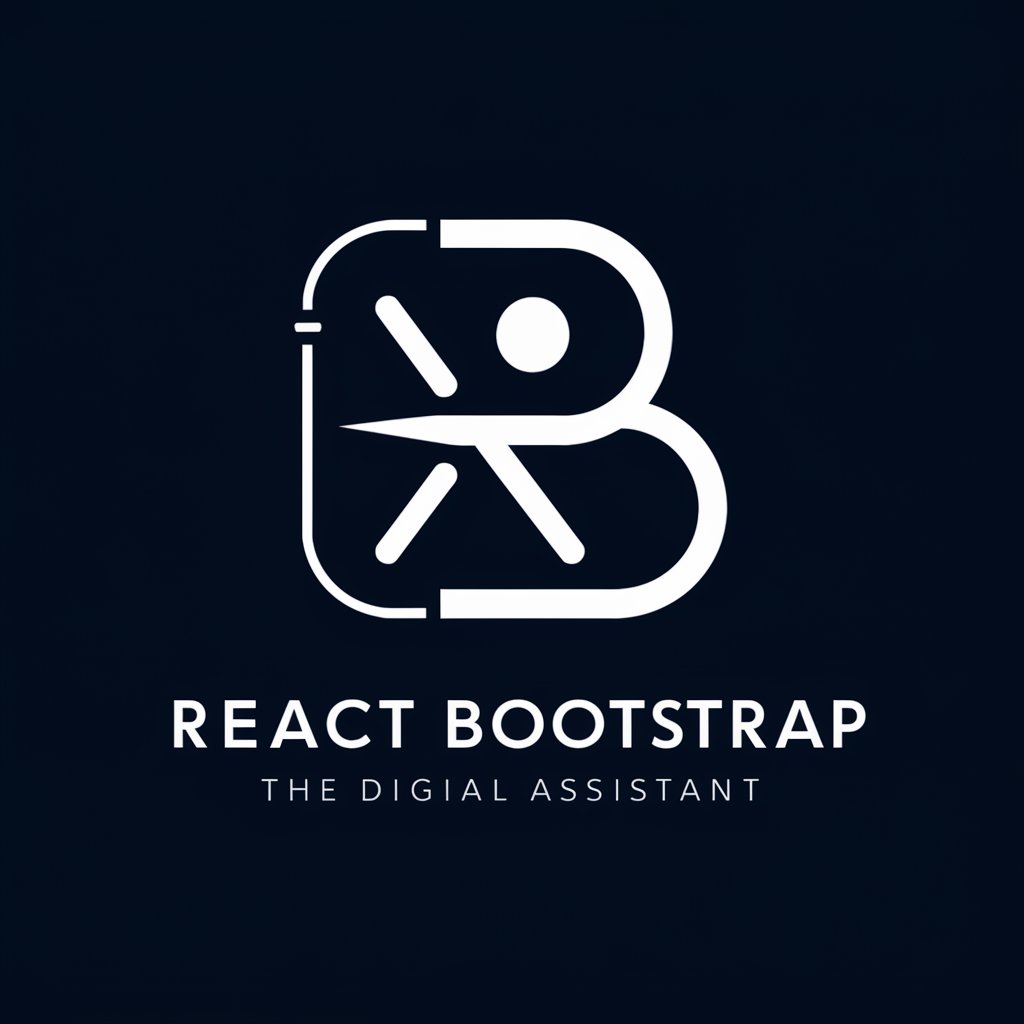
論文要約くん
Unlock Research with AI
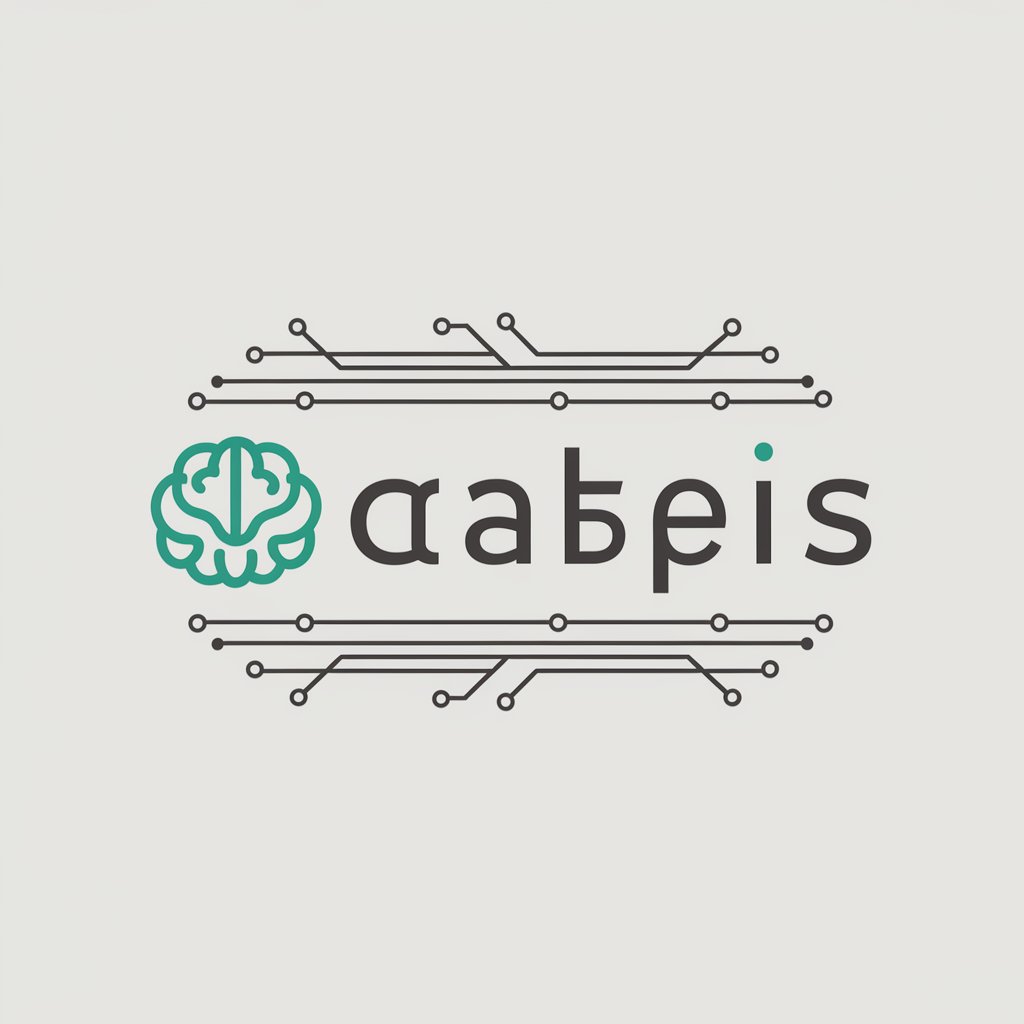
504 Housing: House New Orleans doing?
AI-powered New Orleans Housing Resource

Guía de Oración Ignaciana
Deepen your prayer life with Ignatian spirituality.

Common Questions About AI Neurology
What is AI Neurology designed for?
AI Neurology is designed to assist in providing detailed, evidence-based information related to neurology. It supports medical students, professionals, and researchers by offering information on neurological conditions, treatment protocols, diagnostic guidelines, and case studies.
Can AI Neurology provide medical advice?
No, AI Neurology provides information for educational purposes only. It does not substitute for professional medical advice, diagnosis, or treatment. All guidance should be cross-verified with a licensed healthcare provider before making clinical decisions.
How accurate is the information provided by AI Neurology?
AI Neurology uses the latest available data based on research and clinical guidelines up until 2023. While the information is comprehensive, users should always refer to current guidelines and consult with professionals for up-to-date accuracy.
What types of neurological conditions can AI Neurology assist with?
AI Neurology can assist with information on a wide range of conditions such as epilepsy, multiple sclerosis, Parkinson's disease, Alzheimer's disease, stroke, migraines, and traumatic brain injury, among others.
How can AI Neurology help in medical education?
AI Neurology serves as an educational resource for medical students and professionals by providing case-based learning, diagnostic reasoning tips, and detailed explanations of neuroanatomy, neurological disorders, and treatment methodologies.
